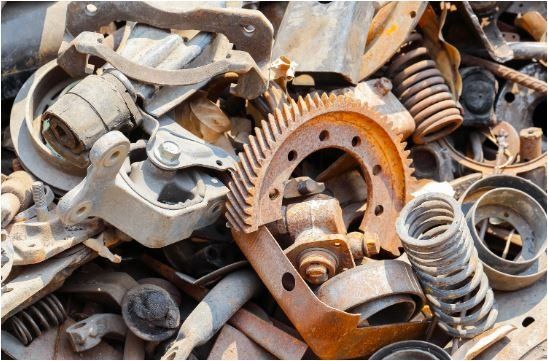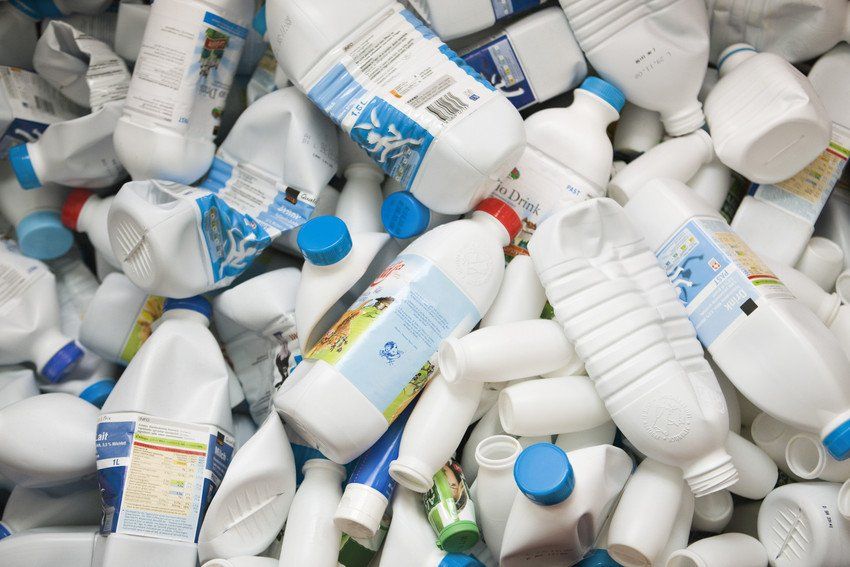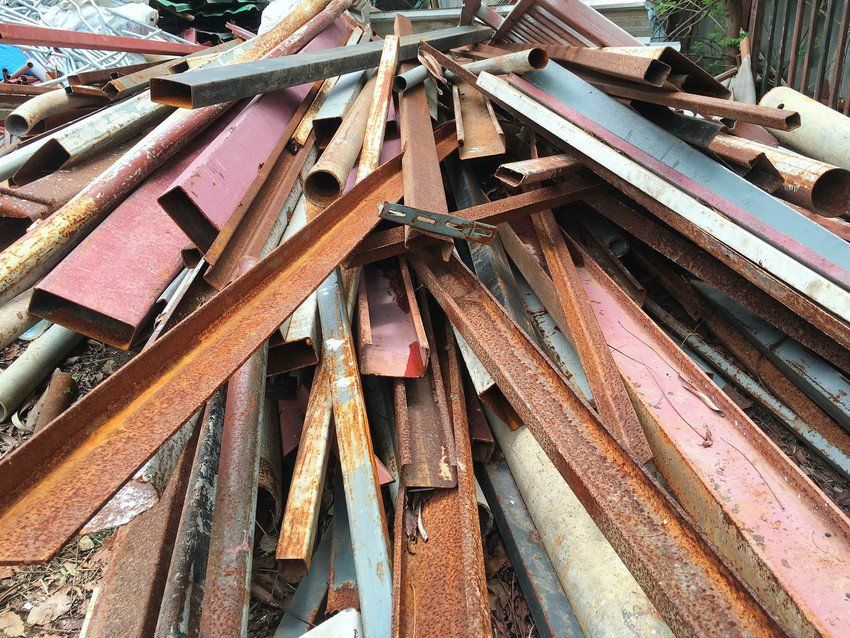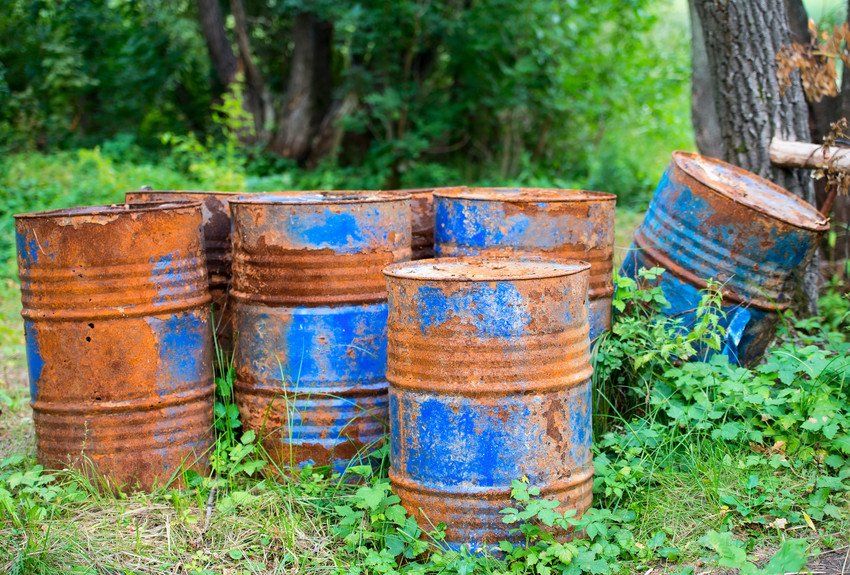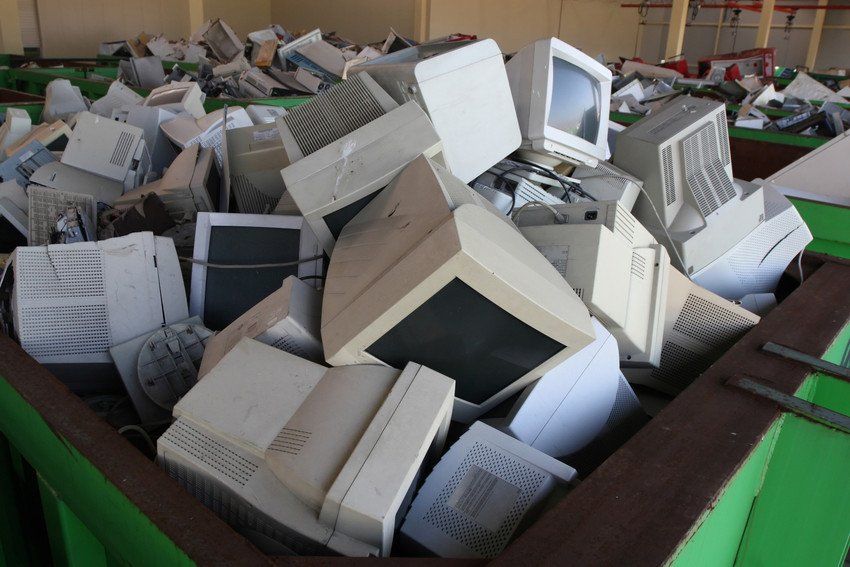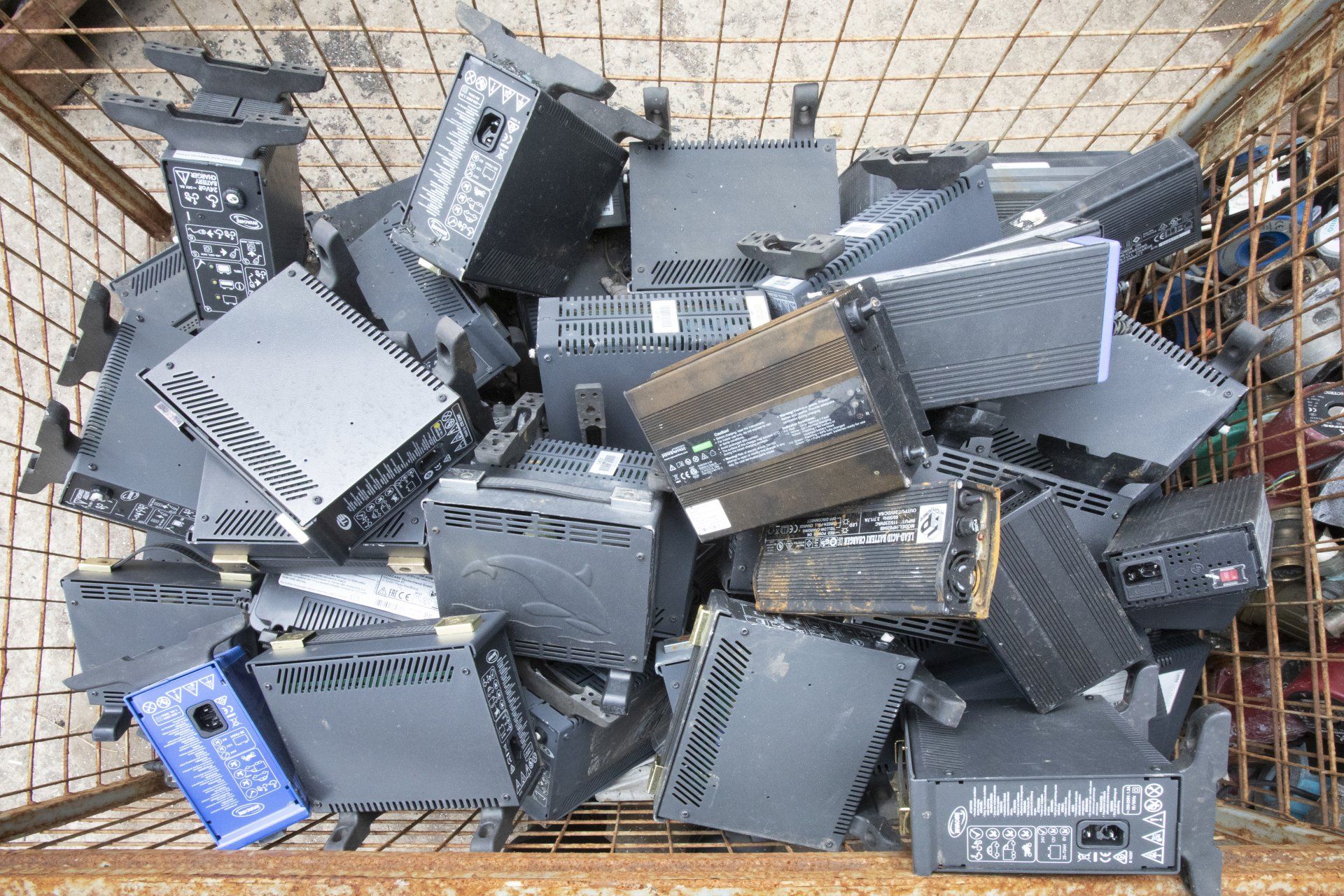Demolition & Pollution: Everything You Need To Know
Demolition is the professional practice of tearing down a building in a controlled manner, in order to rebuild or repurpose the site. This can be done in a number of different ways, where methods are in place to manage and contain this potentially dangerous process.
One of the main risk factors of demolition is the resulting pollution, which comes in various forms and can jeopardise the health and wellbeing of workers and surrounding residents. Read on to find out more about demolition methods and how pollution risks are managed.
Demolition Methods
Explosives - reactive products can be added to a building to collapse the structure, where this could be an outward explosion, or a more contained implosion
By Hand - this is a steadier demolition practice using tools, designed to safely work around electronics and other hazardous materials
By Machine - this is a faster process that involves bulldozers and other plant machinery, for larger demolition projects
Pollution
There are several harmful pollution types associated with demolitions, which should be properly managed in any project, where the main two are air and water. In addition to this, land and water pollution can also be problems associated with demolition practices.
Noise Pollution
Demolitions of any size will produce noise, especially when using explosives. Vibrations caused by this work can also be disruptive, where sustained noise levels can impact wellbeing and disrupt the local area.
This can be managed by having proper sound blocking installed on the site, which can be manufactured from plywood and other easy-to-source materials. Giving local residents advanced notice of the building work with an opportunity to appeal is often a requirement for large scale projects, which can prevent unexpected disruption.
Air Pollution
Various kinds of air pollution can be produced by demolition projects. Dust and smoke released from the collapse of the building or explosive products can linger in the air and contaminate the sight. Heavy duty vehicles can also raise pollution levels throughout the process.
These risk factors can be managed with appropriate precautions and measures put in place for the demolition work. The site can be contained by blocking to prevent the spread of pollution, whilst sprinklers can help reduce dust and smoke levels. Washing the tyres of vehicles leaving the site can also restrict the spread of waste particles.
Broughshire Waste Metals: Demolition Services
At Broughshire Waste Metals, we provide a variety of demolition services to ensure your project runs smoothly, and with minimal disruption. Our work includes noise and pollution monitoring, as well as scrap metal recovery.
Further to this, we also work on a variety of sites to support proper hazardous waste disposal and electrical recycling.
Contact us today for more information about what we can offer.
